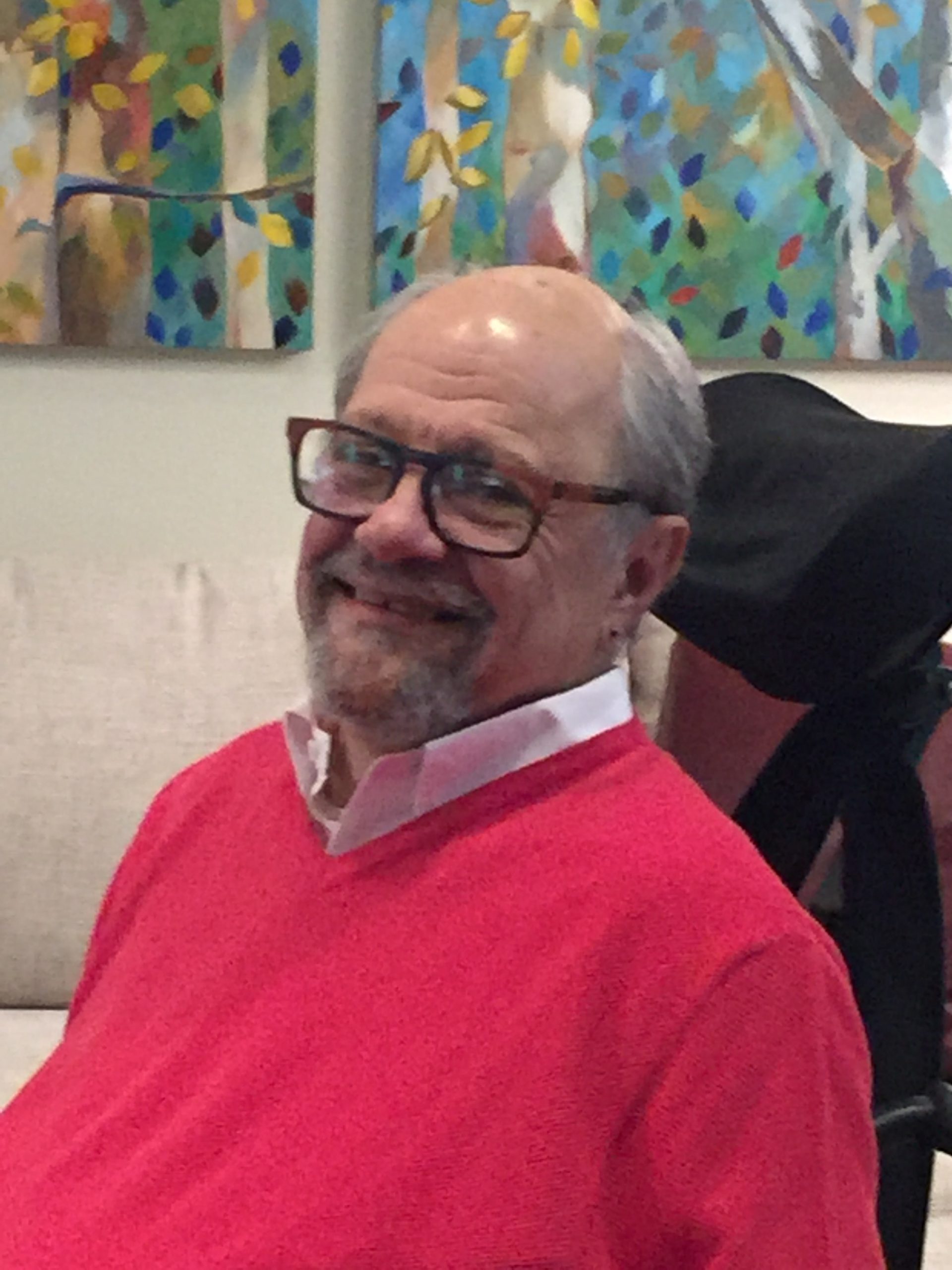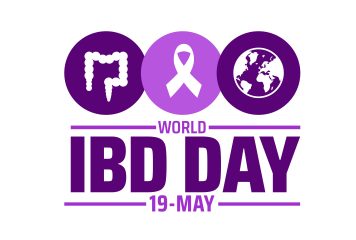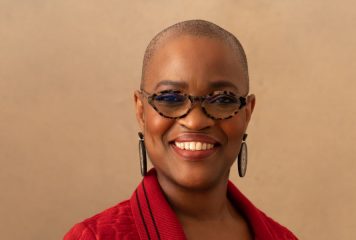
Daniel Gottlieb, Ph.D., is a practicing psychologist in Philadelphia and former host of “Voices in the Family,” an award-winning mental health radio call-in show that aired from 1985 to 2019 on WHYY. Dr. Gottlieb has been recognized by the Pennsylvania Psychological Association, the American Psychological Association, the Center for Mental Health Services, the Philadelphia Society of Clinical Psychologists, the Pennsylvania Psychiatric Association, the Council for Relationships and many more; but his business card reads simply, “Daniel Gottlieb: Human”. He has served as a member of the ABIM Critical Care Medicine Board since 2021.
What is the story behind “Voices in the Family”?
It started around 1985 when I was invited to host the show by then-producer Marty Moss-Coane who was my mentor. What she liked about me was that I had been a guest and what I did was not “pop psychology” answers. I would ask questions of the caller rather than give answers, and try to get to know that person. She wanted something that had more depth and that’s what I did for all those years. I got to meet really interesting people around the country and the world; it was a wonderful experience.
You also authored a weekly column in The Philadelphia Inquirer for over 15 years called “On Healing”. What is your perspective on healing?
One of the articles I wrote for that column was about four words that would heal the world: Tell me your story. Ask them and then listen and try to see the world through their eyes. That’s how healing begins. It’s hard to do it isolated—you need the loving compassion of others. It’s not magic.
As a quadriplegic I’m prone to pressure sores, and at one time in my life I was going through a particularly bad period and was in the hospital. The doctor prescribed bed rest for 30 days and I asked him how he knew 30 days was necessary. He explained that the wound was three centimeters across and generally these wounds heal at about a rate of one millimeter a day. I thought, how does that rule translate to broken hearts? When he cleaned and covered the wound, I asked him why he was covering it because I thought it needed air and oxygen to heal. “Oh, it does,” he said, “but the oxygen it needs is in your blood, not the air. Everything your wound needs to heal is already in there. You just have to access it.” And that’s the way I’ve been doing psychotherapy my whole career. Everything you need to heal is in there—the wisdom we’re born with. We just have to have faith in our own resilience.
How do your experiences as a patient inform your work as a member of ABIM Governance?
I’ve learned a lot about what’s good doctoring and what’s not so good, and those experiences have helped me bring that knowledge to the Specialty Board. When a doctor walks in my room and doesn’t say a word to me and walks out, who am I to that doctor? I remember one doctor who sat down with me for a couple minutes and put his hand on my shoulder. Now that guy I would trust completely. Human to human: it changes everything. Make eye contact. Assume my humanity. Back when I first had my accident [in 1979], many of the doctors who walked in my room at the hospital would raise their voices a little when they spoke to me. Some of them treated my quadriplegia but they didn’t treat me, the patient.
What do you want more physicians to know about their patients’ perspectives and about their care team colleagues who are not physicians?
I’d like them to know more about these people’s lives. What are their wishes? What are their fears? As a therapist, I ask the questions a good pediatrician asks: where does it hurt? As caregivers, we need to know the context.
There’s a marquee on a church near me that says, “God is one.” My interpretation of that is when two are as one, that’s divine. That’s what I want for doctor-patient relationships and collegial relationships. You don’t have to know somebody for two years to have that experience. You can have it in ten minutes.
My job as a therapist is to see the world through my patients’ eyes. I tell people, when you look in someone’s eyes you’re going to see someone who suffers, who’s insecure in some areas, secure in others; someone who has anxiety, who wants to be loved and longs for well-being. That’s the human experience. If you look in someone’s eyes and see that, you’ll see that the person across from you is the same underneath the labels and the politics—that’s what is underneath.
In 2022, you spoke with Maiken Scott on WHYY about building trust in medicine and ABIM’s initiatives in this area. How do you think the medical community should be working on rebuilding trust?
I read an article many years ago about doctors who make errors; when they acknowledge their error to the patient and apologize, they are less likely to be sued. When doctors do the opposite and deny responsibility—or worse when the patient does—that creates a barrier of deceit between patient and doctor and trust is broken. My experience is when the doctor has the courage to be vulnerable, that’s the first step in creating trust. The doctor’s position is, “I know ABC, but I don’t know you. I don’t know your body or your context or where you came from. We have to do this together. I have to help you and you have to help me cover all those areas. You have to teach me and we’ll do it together.” That’s the first step.
When I said you have to have the courage to be vulnerable, I meant that word. It is courageous. You’re taking down your defenses in front of another human being. We talk about strength and people accuse me of being strong, but the traditional thinking about strength is plowing your way through things and being independent. Me? To me, strength is to be comfortable with your vulnerability. A doctor needs to be courageous. I learned that from my patients. I had no choice but to be vulnerable. If I spill something or drop it they have to help me. The response from my patients has been compassion, understanding. Now we know each other a little better, human to human. Patient, consumer, provider—they’re all two-dimensional labels. They don’t address the humanity underneath.
How did you become involved with ABIM and the Critical Care Medicine Board?
I have a pulmonologist—John Hansen-Flaschen—who is probably the best doctor I ever had. He walks the walk about what I said earlier when you ask people to tell you their story. We struck up a friendship and he went out of his way for me several times; one day he said here’s something you can do for me. He was a member of the Pulmonary Disease Board and he wanted me to help find ways to do more medicine in people’s homes rather than in hospitals. He endorsed me to take a position on the Critical Care Medicine Board.
What do you want diplomates to know about you?
I’m grateful for what they do for a living. I’m grateful for their decision to be board certified diplomates. I know the job is difficult. I know about physician burnout. I want to thank them and I’m happy to support them however I can.



